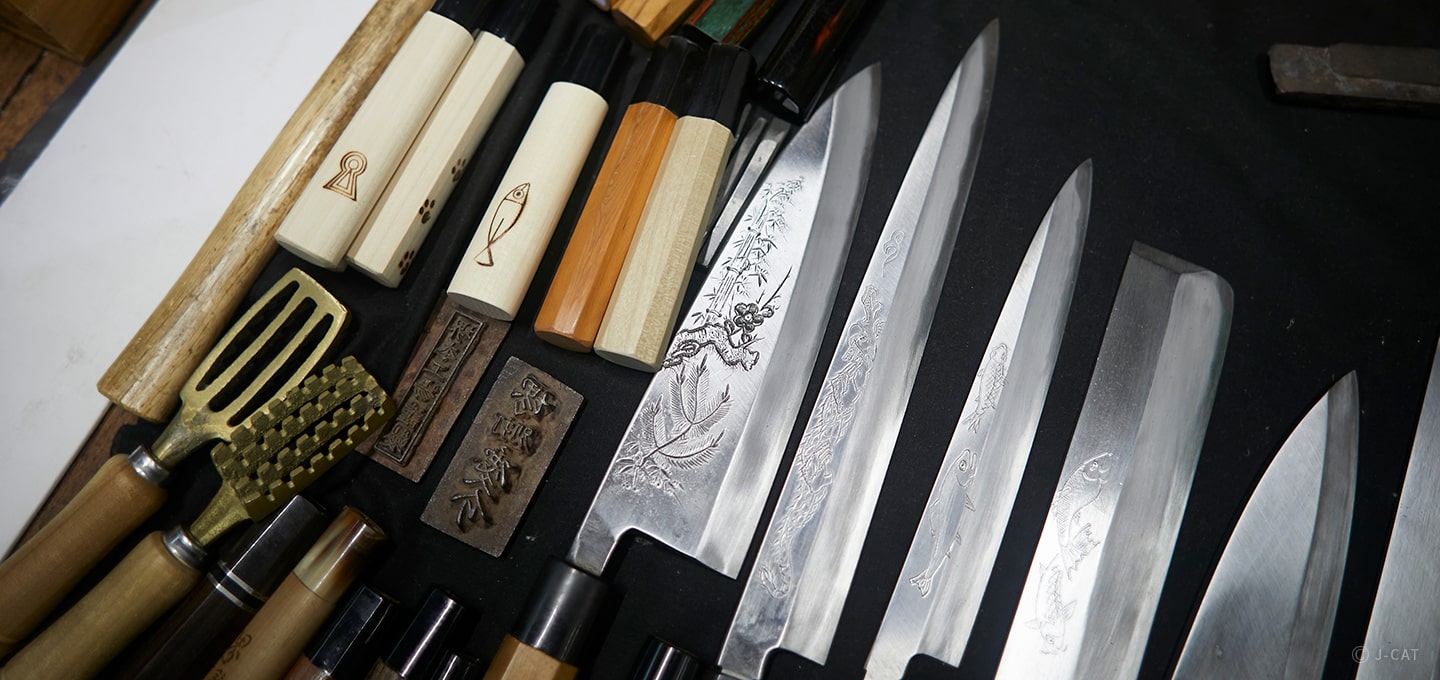
Special Experience
Osaka
Legendary knife crafting at Wada Shouten – with personalization
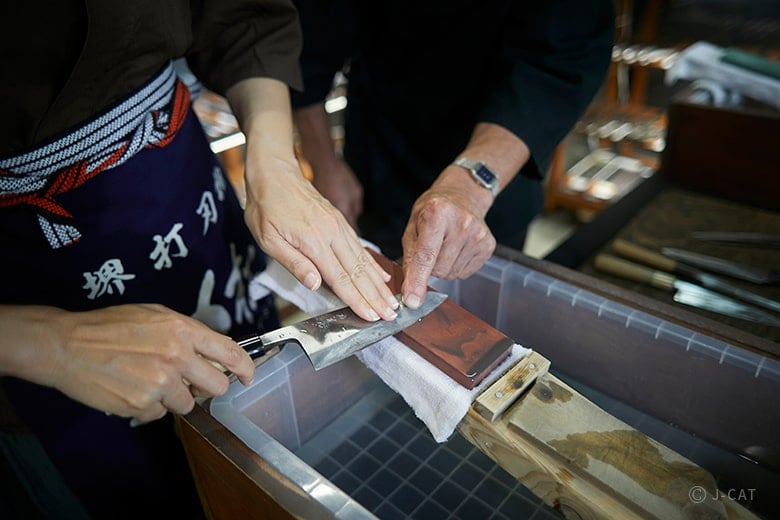
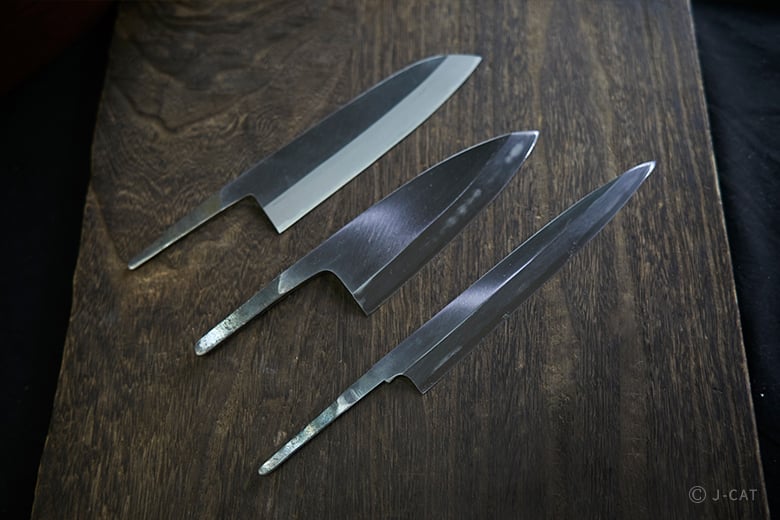
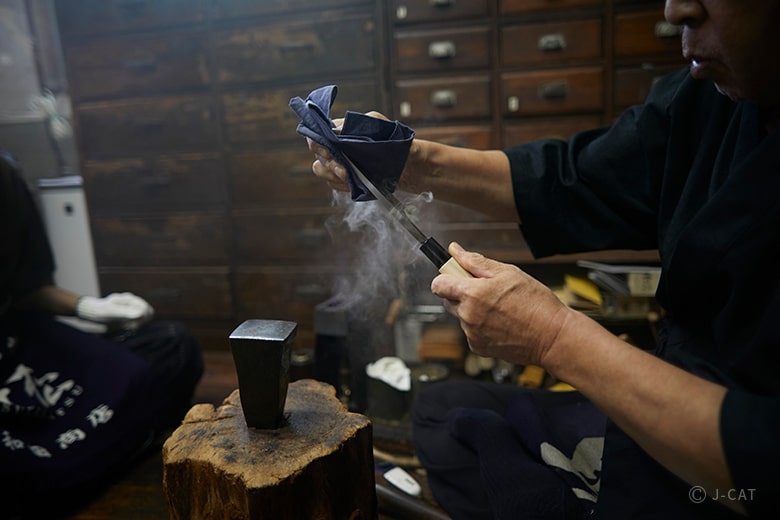
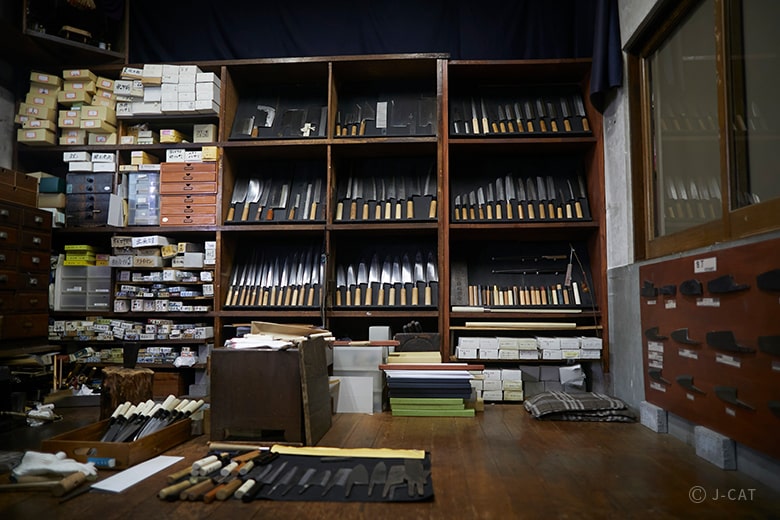
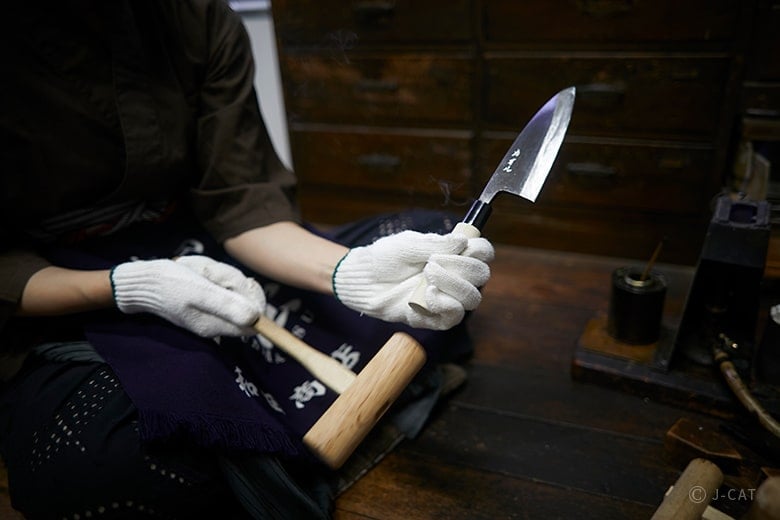
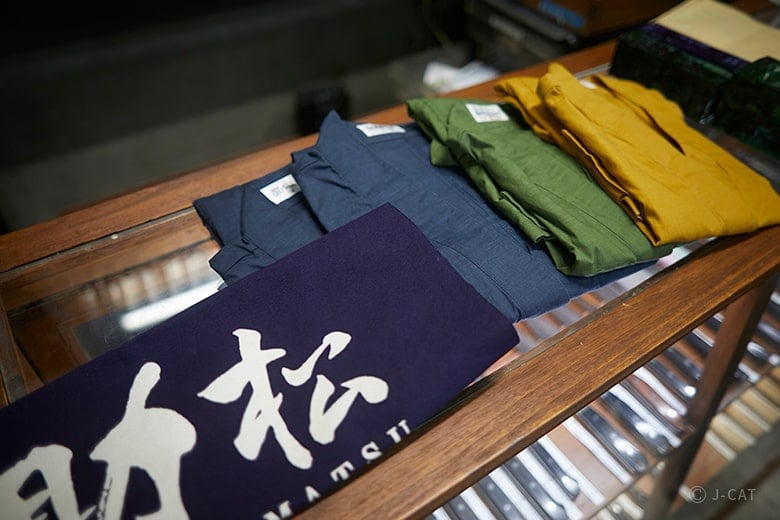
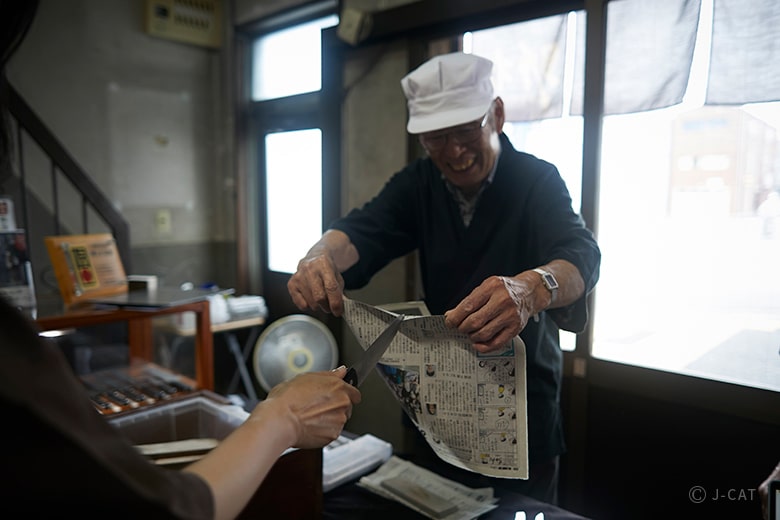
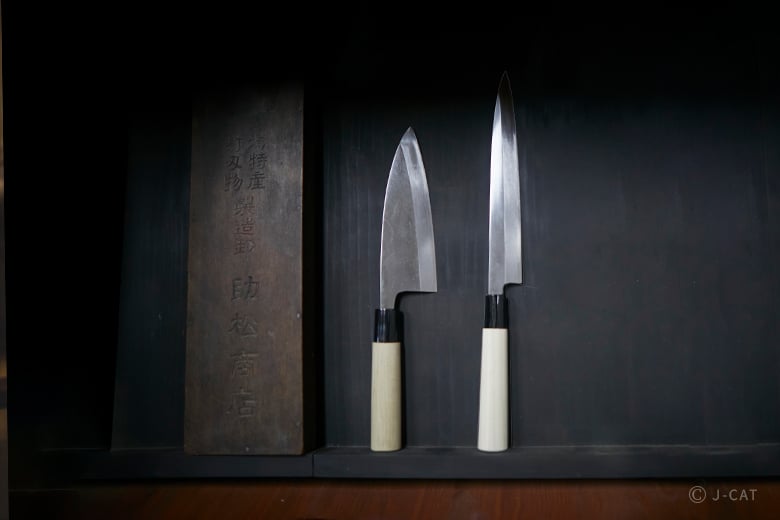
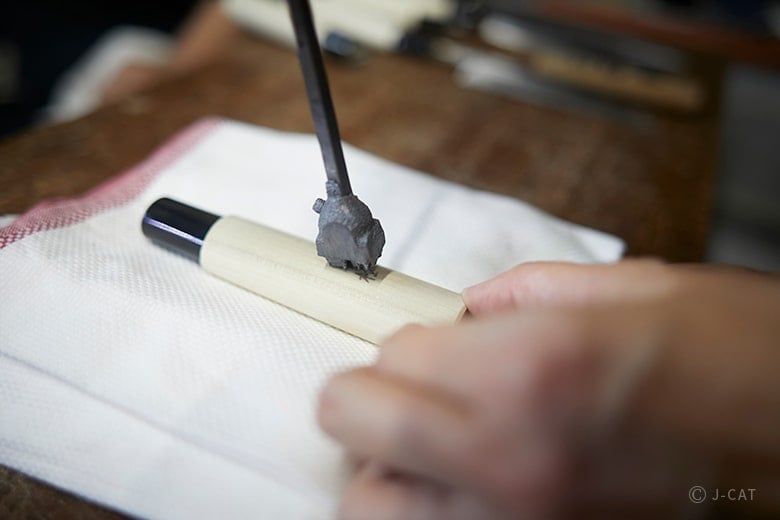
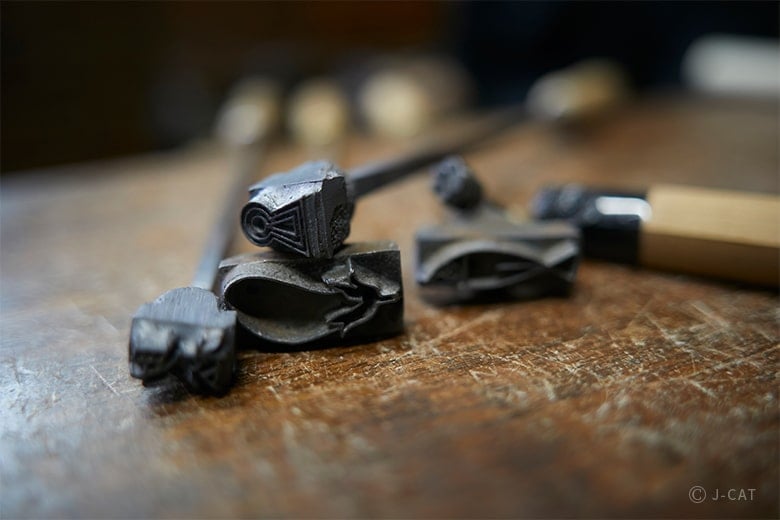
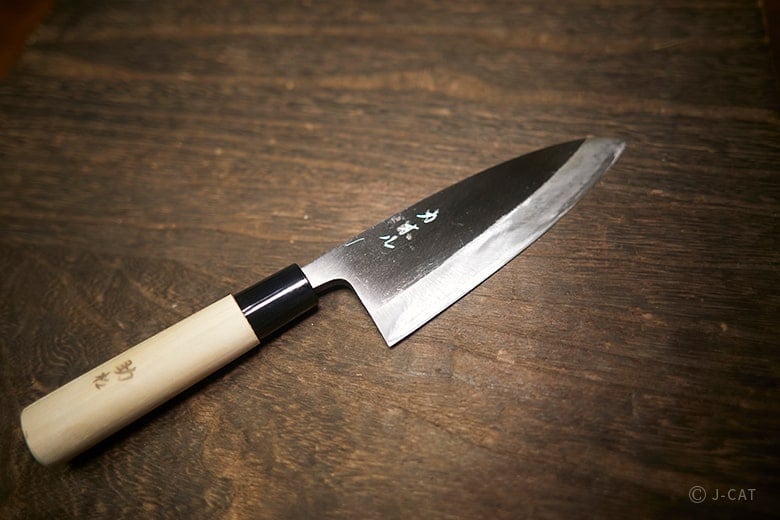
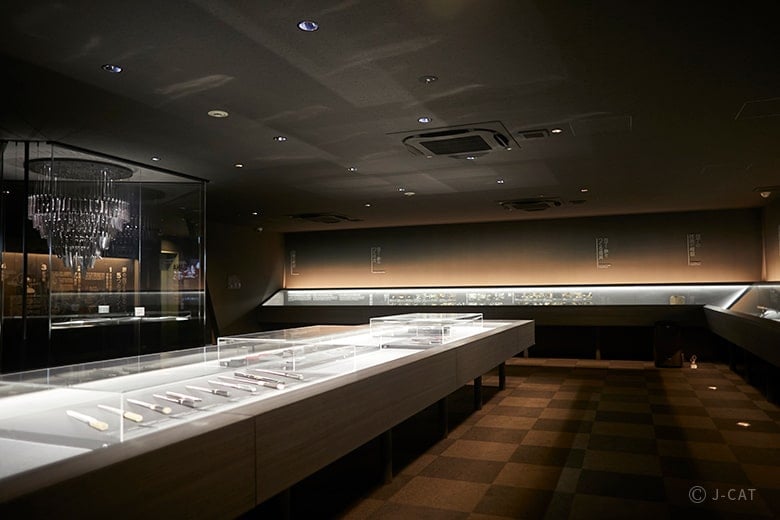












Overview
Many are the chefs who favor a Sakai knife. These traditional crafts are made by teams of artisans under a highly specialized division of labor. At Wada Shouten, you can learn the craft of creating for yourself a knife so beloved by culinary masters, and take it home with you at the end. You’ll also learn knife maintenance, a vital skill that turns a tool into a lasting companion. Traditionally, a good knife and initiation into the art of maintaining it were the final parting gifts from a mother to a daughter leaving the nest.
Key Features
・Create your own knife, branded and engraved with your name, in an exclusive private experience.
・Choose from three types of knife: Deba, Sashimi, and Santoku
・If you love cooking and love to develop a long and close relationship with your tools, this experience is a must.
Osaka
120mins
from ¥48,000 /person
1 - 8 participants
Available in English
Cancel free up to 15 days prior
Details
Wada Shouten, a longtime fixture of Sakai blade making
Sakai City in Osaka prefecture has always been a manufacturing center, notably of such diverse products as incense, firearms, and wazarashi cotton textiles. It has also played an outsized role in the development of Japan’s culture and economy as the historical epicenter of tea ceremony. On top of all of this, Sakai knives have been a household name in Japan for six centuries, including the present day. The city remains one of the three chief cutlery manufacturing regions in the country.
This is knife making done the traditional way, hand-finished by master artisans without the use of machines or molds. Sakai knives are beloved by chefs for a reason, and Wada Shouten has been a continuous part of this history since the 1800s.
The experience begins with a short visit to the Sakai Knife Museum, located a short walk from the Wada Shouten workshop, for valuable insights.

The history of Sakai cutlery, told through masterworks of cutlery beautifully displayed as art
Wada Shouten is known in the business as an “exit door” through which Sakai knives are exported from Japan to the wider world, historically operating as a wholesaler under the guild house name “Sukematsu.” Forging a blade under hammer and sharpening it into its final form is a process with more than ten stages, only after which it is finally fitted to its handle at a wholesaler. That is when it becomes a kitchen knife. This division of labor makes a Sakai knife as much a workmanlike trade tool as a luxurious status symbol imbued with tradition and craft. But they are first and foremost vital tools intended for daily use. As such, reasonable pricing has always been a selling point.

Start by donning a traditional samue work outfit and apron bearing the “Sukematsu” house name.
Understanding the essential sharpness of a knife
Scientific systems for measuring blade sharpness exist, but for practical purposes the only real way to understand it is to feel the difference in your own hands. Start by cutting the newspaper with an unsharpened knife. This will give you a baseline and help to demonstrate the importance of maintenance.

Using newspaper to check the knife before and after sharpening
A well-maintained knife that has seen a decade or two of use will gradually shrink as it is repeatedly sharpened. We live in a world where we have grown accustomed to seeing everything as disposable, but comparing a new knife side-by-side with a ten-year-old knife really drives home just how durable well-made tools can be. Seeing it for yourself makes it hard to go back to a disposable mass-produced blade.

Learning blade sharpening from a master artisan
Even a knife that struggled with newspaper before sharpening can be restored to buttery cutting capacity with the right technique. Learning from a master will give you a skill you can take home with you to maintain your precious new instrument for decades.
Fitting a blade to its handle
An experienced artisan will talk you through the steps simply and patiently. First learn to attach the blade to the handle, branded with a Sukematsu crest by an artisan. Smoke billows as you fit the red-hot nakago core to the handle’s groove. The heat and the precision can be intimidating at first, but like a true apprentice initiate, you can count on experienced professionals to handle the tricky parts for you.

Threading the heated core into the handle
Once the blade is inserted and the smoke has settled, you take over, beginning the process of actually attaching the handle. While it is still faintly smoking, tap it from the bottom with a wooden mallet. This seats the blade in the handle. The knifemaker will give you a signal when it is in position. After the handle is firmly attached, the knife is finished.

Seating the blade using a wooden mallet against the handle bottom
Sakai: knives that provide decades of top-class performance with proper maintenance
The precious materials and exceptional time-honed skills that go into a Sakai knife make it an instrument to treasure through decades of daily use if maintained properly. In this experience, choose from three knife types (Santoku, Deba, and Sashimi). It’s perfect for your own home, or as a gift.

Choose from three knife types: (from top) Santoku, Deba, and Sashimi
The knife is available for packaging and taking home on the day. With advance reservation, it can be finished with your name and prepared for you ahead of time, so you take home a knife truly your own. Learn to maintain it at the same time, and get many years of loving use out of it. Wada Shouten also carries whetstones, essential tools for knife maintenance. This toolset combining the beauty and practicality of Japanese artisanal products will add a keenness to the quotidian, and a sharpness to the dull.

If any possession should become a cherished friend, it’s the one you use everyday to feed yourself and your loved ones.
Wada Shouten

Wada Shouten
A 150-year cutlery industry fixture in Sakai, the city of cutlery. Sakai knives are just as suited to use in professional kitchens as in home kitchens, and prove decades of daily use with proper maintenance and care. In a world full of mass-produced disposable tools, rediscover the joy of a genuine masterwork produced by tradition and craftsmanship, designed for longtime use.
Customer's Voice
Was an absolutely awesome experience.
R.T. Australia
Everything was a great experience overall. Very interesting and interactive involving the knife making process.
J.C. United States
Todays experience was incredible. Everything from start to finish exceeded our (already high!) expectations. The interpreter and the staff at Wada Shouten made today such a memorable experience. We could not be happier with the quality of our knives, and we can’t wait to come back.
K.N. Canada
Location
Wada Shouten
Sakai City, Osaka
Request for booking
Select first preferred date (JST)
February 2026
Sun
Mon
Tue
Wed
Thu
Fri
Sat
Instant Booking
Request Booking

17
Full

17
Unavailable
- Instant Booking: Your reservation is confirmed immediately upon payment.
- Request Booking: You will receive confirmation after the host reviews your request.
Osaka
120mins
from ¥48,000 /person
1 - 8 participants
Available in English
Cancel free up to 15 days prior
Things to know
Contact Us
If you have any questions, please contact us using the form below.
We also accept bookings from corporate clients and travel agencies.